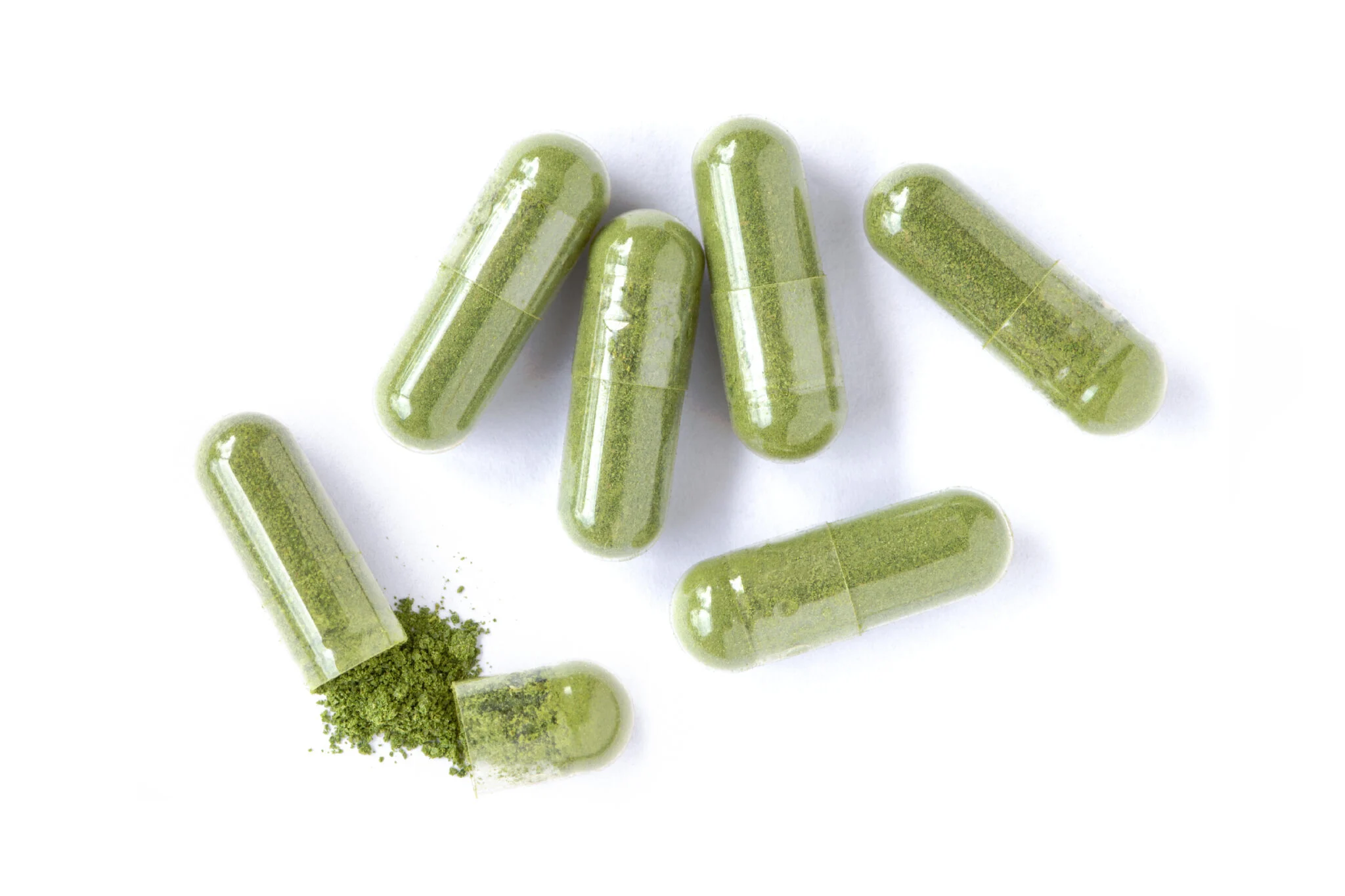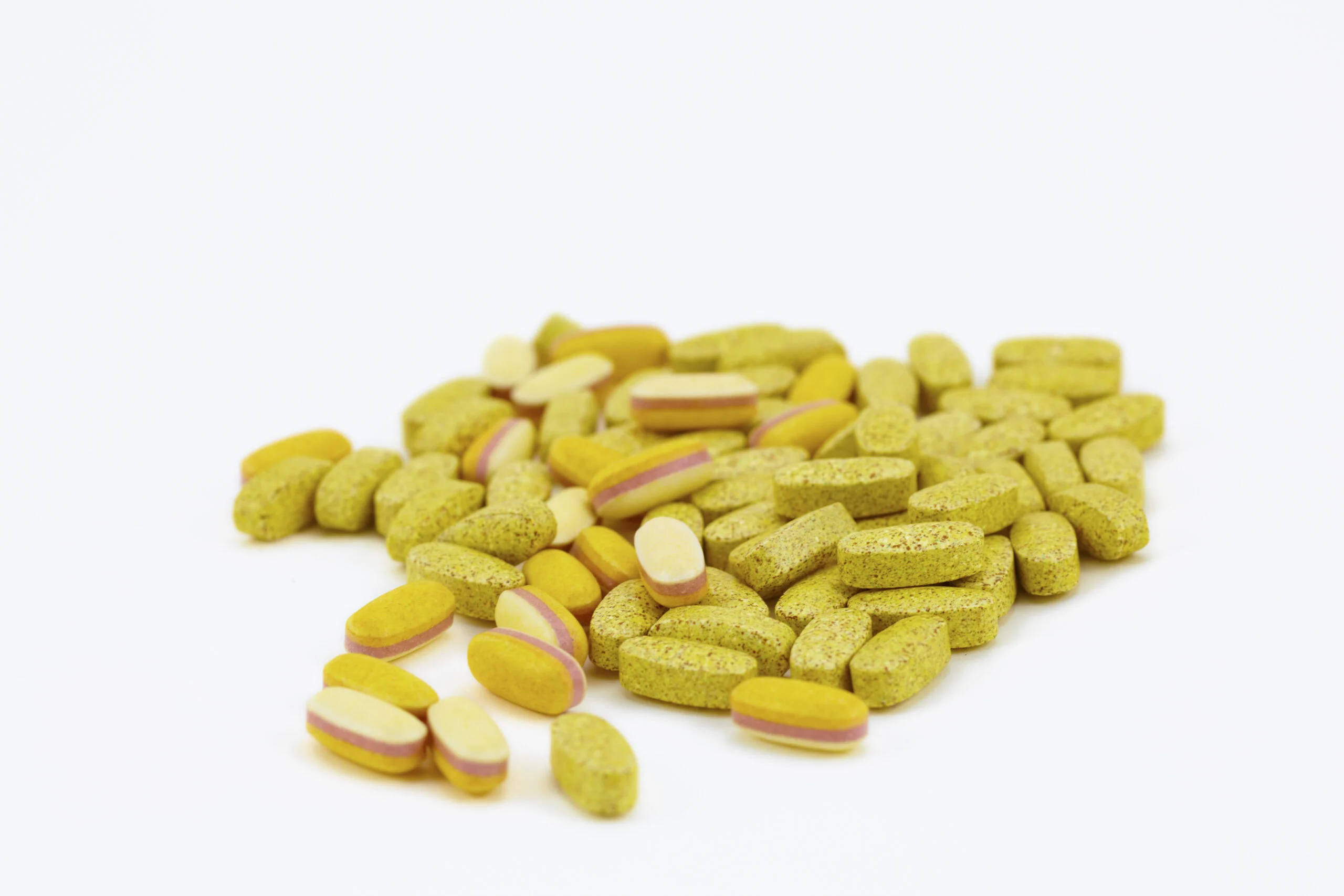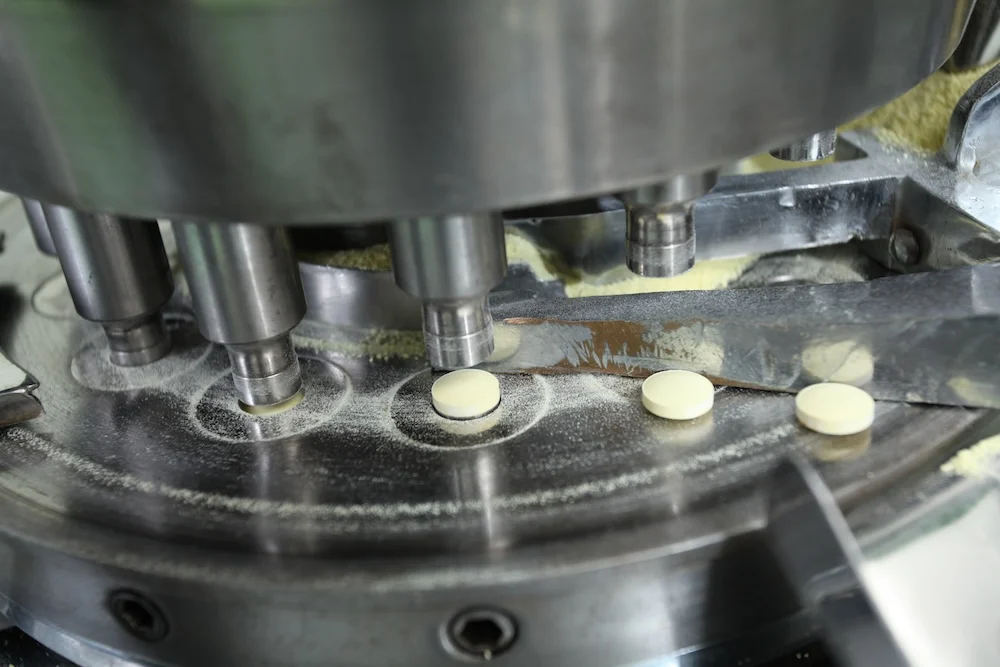You have a vision: a high-quality supplement that meets a real need in the market. You’ve researched your niche, imagined the branding, and are ready to create a product that can change people’s lives. But between your brilliant idea and a market-ready product stands the single most critical decision you’ll make: choosing the right supplement manufacturer.

This isn’t just about finding a factory. It’s about finding a strategic partner who is as invested in your brand’s quality, compliance, and success as you are. The right partner elevates your brand; the wrong one can sink it before it even sets sail.
This comprehensive guide will walk you through the entire process. We’ll demystify the industry jargon, provide a step-by-step framework for your search, and give you the critical questions you need to ask. At CHTNature, we’ve guided countless brands from concept to creation, and now we’re sharing that expertise with you.
The First Big Decision: Contract Manufacturing vs. Private Label
Before you start searching, you need to understand the two primary manufacturing models. Your choice here will define your product’s uniqueness, budget, and speed to market.
What is Private Label Manufacturing?
Private label (or “white label”) manufacturing involves choosing a product from a manufacturer’s catalog of pre-existing, market-tested formulas. They simply apply your branding and label to their product.
- Pros:
- Speed: It’s the fastest way to get a product to market.
- Lower Cost: You skip the research and development (R&D) phase, significantly reducing upfront costs.
- Proven Formulas: The products are often already successful in the market, reducing risk.
- Cons:
- No Differentiation: You are selling the exact same formula as other brands.
- No Control: You have no say in the ingredients, dosage, or formulation.
What is Contract Manufacturing?
Contract manufacturing is a collaborative partnership where a manufacturer produces your unique, custom formula exclusively for your brand. You own the intellectual property (the formula), and they provide the expertise, equipment, and certifications to bring it to life.
- Pros:
- Total Uniqueness: Your product is 100% yours and cannot be replicated by competitors.
- Complete Control: You dictate every ingredient, every dosage, and every detail.
- Strong Brand Identity: A custom formula is the ultimate foundation for a powerful brand story.
- Cons:
- Higher Cost: Requires investment in R&D, formulation, and testing.
- Longer Timeline: Development can take several months.
Which Path is Right for Your Brand?
Choose Private Label if your priority is speed and you want to test the market with a minimal budget. Choose Contract Manufacturing if your vision is built on a unique product and you aim to build a long-term, defensible brand.

Your 7-Step Guide to Finding the Perfect Manufacturing Partner
Once you’ve chosen your model, it’s time to find your partner. Follow these steps to ensure a thorough and successful search.
- Define Your Product and Niche Clearly: Know exactly what you want to create. What ingredients? What format (capsules, powders, gummies)? Who is your target audience? The clearer your vision, the better you can find a manufacturer with the right expertise.
- Initial Research: Where to Look: Use online searches for terms like “contract supplement manufacturer,” “sports nutrition manufacturer,” or “organic supplement manufacturer.” Attend industry trade shows like SupplySide West or Vitafoods to meet manufacturers in person.
- Create a Shortlist and Vet Their Credentials: Identify 3-5 promising candidates. Visit their websites, look for evidence of their certifications, and read case studies or testimonials.
- Deep Dive into Quality and Compliance: This is the most critical step. Verify their certifications (more on this below). Ask about their quality control processes from raw material sourcing to finished product testing.
- Discuss Capabilities and Specializations: Do they have experience with your specific product type? Can they handle complex formulations or source unique ingredients?
- Understand the Financials: MOQ and Pricing: Discuss their Minimum Order Quantity (MOQ)—the smallest order they will accept. A high MOQ can be a barrier for startups. Get a clear, itemized quote so you understand all the costs involved.
- Evaluate Communication and Partnership Potential: Are they responsive? Do they listen to your vision and offer expert advice? A true partner communicates clearly and acts as a consultant.
The Ultimate Checklist: 10 Critical Criteria for Evaluating a Manufacturer
Use this checklist during your conversations with potential partners. The answers will reveal everything you need to know.
1. Certifications: The Gold Standard
This is non-negotiable. Look for cGMP (Current Good Manufacturing Practices) compliance. This is the FDA’s standard for ensuring quality. Other key certifications include NSF International, which provides a higher level of third-party verification, and USDA Organic if that fits your brand.
At CHTNature, our state-of-the-art facilities are fully cGMP-compliant because we believe quality is the absolute foundation of consumer trust and brand success.
2. Minimum Order Quantity (MOQ)
Ensure their MOQ aligns with your business plan. A low MOQ is ideal for startups, allowing you to manage cash flow and test the market without holding massive inventory.
3. Turnaround Times
How long does it take from placing an order to receiving the finished product? Unreliable timelines can disrupt your supply chain and hurt your sales.
4. In-House Services
Does the manufacturer offer a full suite of services? This can include R&D, flavoring, packaging design, and labeling compliance review. An end-to-end provider simplifies the process immensely.
A true partner like CHTNature offers comprehensive services, from developing a unique flavor profile with our expert R&D team to ensuring your label is FDA-compliant.
5. Ingredient Sourcing and Transparency
Where do they get their raw materials? A top-tier manufacturer has a robust supply chain and can provide full transparency and traceability for every ingredient.
6. Expertise in Your Niche
If you’re launching a complex pre-workout powder, you don’t want a partner who only makes simple vitamin capsules. Look for demonstrated expertise in your category.
7. In-House Testing and Quality Control
Do they conduct in-house testing for identity, purity, and potency? Do they test every single batch? Ask to see a sample Certificate of Analysis (COA).
8. Scalability
Can they grow with you? Ensure they have the capacity to handle much larger order volumes as your brand succeeds.
9. Communication and Customer Service
You need a dedicated point of contact who is knowledgeable and responsive. Poor communication is a major red flag.
10. Reputation and References
Don’t be afraid to ask for references from other brand owners they’ve worked with. A confident, reputable manufacturer will be happy to provide them.

Red Flags to Watch Out For: How to Avoid a Bad Partnership
Be vigilant and walk away if you encounter these warning signs:
- Lack of Transparency: They are vague about their facility, processes, or sourcing.
- No Verifiable cGMP Certification: If they can’t prove it, they don’t have it.
- Poor Communication: Days go by without a response to your emails or calls.
- No COA: They are unwilling to provide a Certificate of Analysis for every batch.
- High-Pressure Sales Tactics: They push you to place a huge order before you’re ready.
Beyond Manufacturing: Finding a True Partner in CHTNature
Choosing a manufacturer is not a transaction; it’s the beginning of a relationship. The right partner does more than just make your product. They act as your consultant, offering guidance on market trends, helping you navigate complex regulations, and proactively solving problems.
At CHTNature, our mission is to be that partner. We collaborate with our clients, sharing our decades of industry experience to ensure your product is not only of the highest quality but is also positioned for market success. We succeed when you succeed.
Conclusion
Your supplement brand has incredible potential, but its foundation rests on the quality and integrity of your manufacturing partner. Take your time, do your due diligence, and use the criteria in this guide to make an informed decision. Don’t settle for a simple vendor; demand a strategic partner who will champion your brand.
Ready to turn your vision into a world-class product? Contact the experts at CHTNature today for a free, no-obligation consultation. Let’s build your brand, together.
Frequently Asked Questions (FAQ)
How much does it cost to manufacture supplements?
The cost varies widely based on ingredient complexity, order volume (MOQ), packaging, and testing requirements. A simple private label product might cost a few thousand dollars to start, while a custom formula with extensive R&D can be significantly more. Always get a detailed, itemized quote.
How long are supplements good after the manufacture date?
Most supplements have a shelf life of 24 months from the “manufacture date” (MFG). This should be confirmed by stability testing performed by your manufacturer. The expiration date (EXP) must be printed on the final packaging.
What is a Certificate of Analysis (COA)?
A COA is a document issued by the quality control department that confirms a product meets its predetermined specifications. It is proof that the manufacturer has tested the product for identity, purity, potency, and contaminants, and that it passed those tests. You should receive a COA for every batch you produce.
How do I get my supplement formula made?
This is the process of contract manufacturing. You will work with the manufacturer’s R&D team to perfect your formula. They will help source the raw materials, create test batches for you to sample, and scale up the formula for full production once you approve it.


